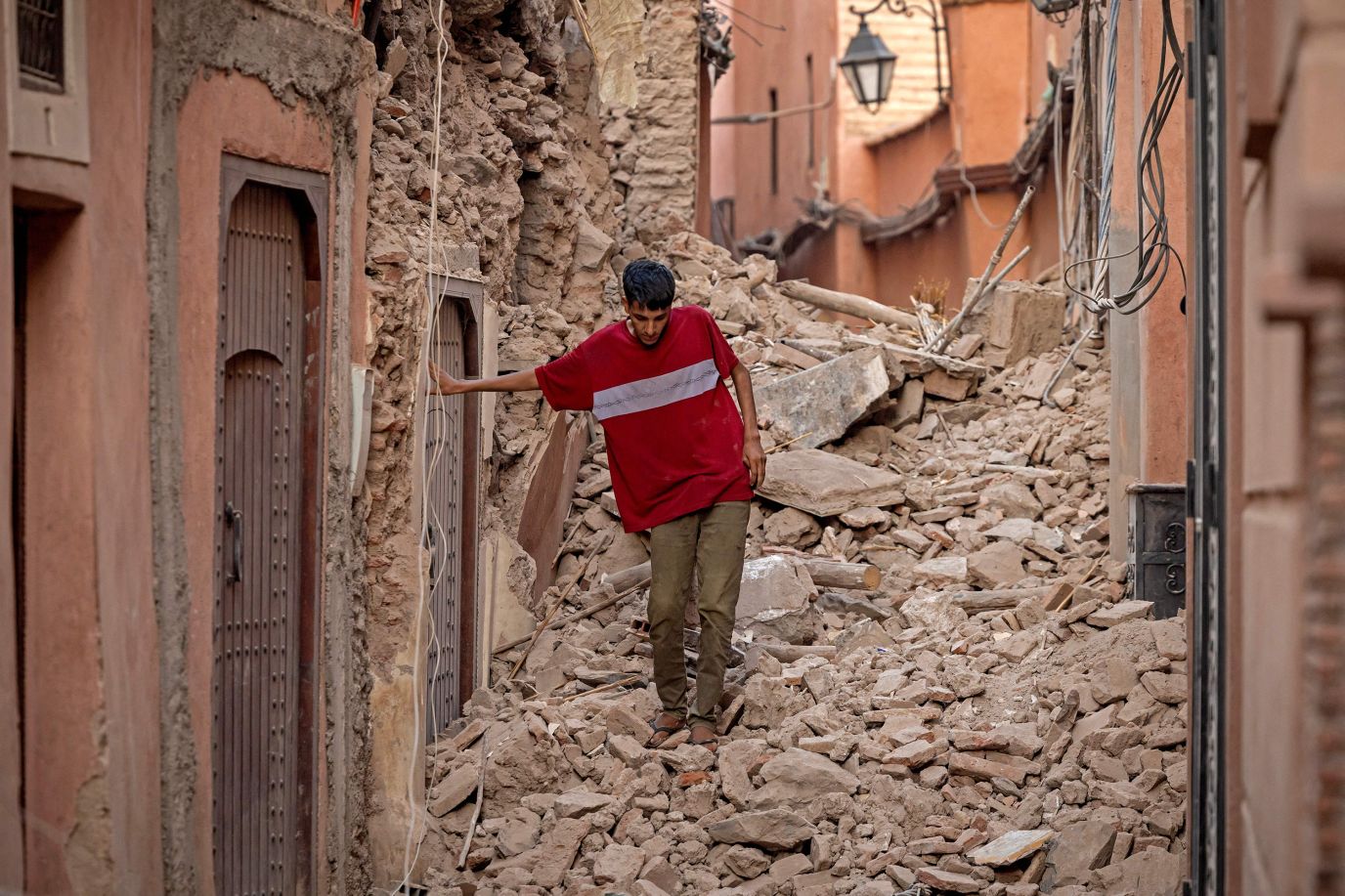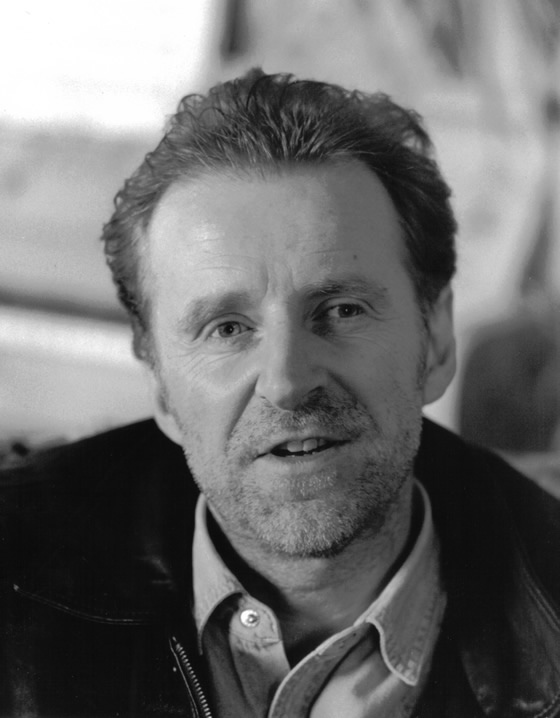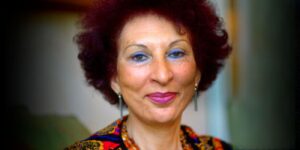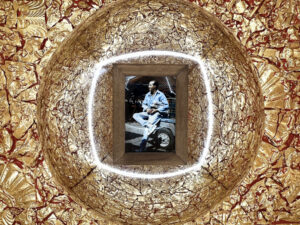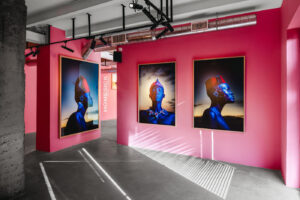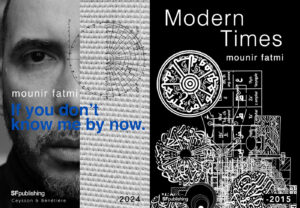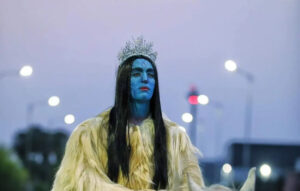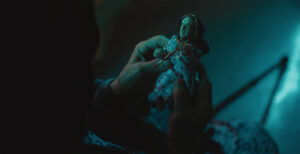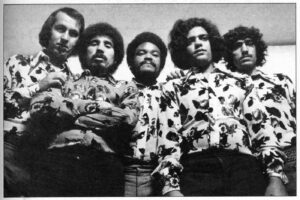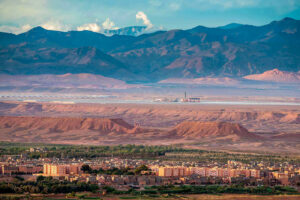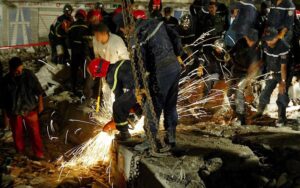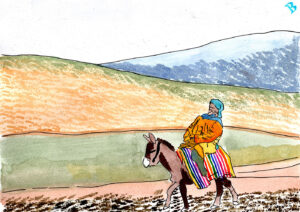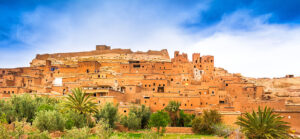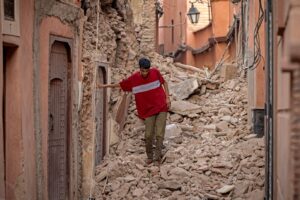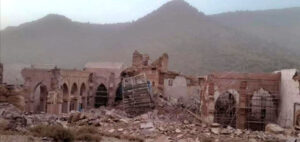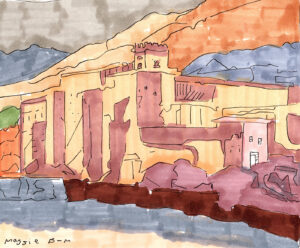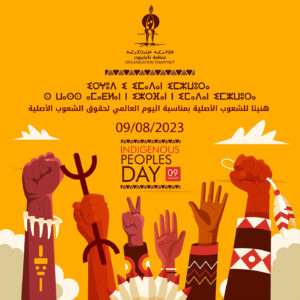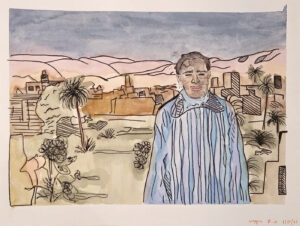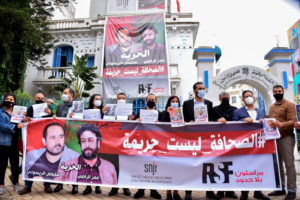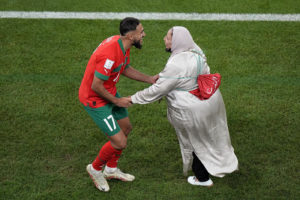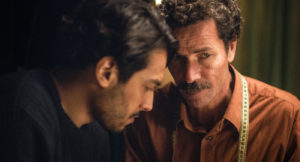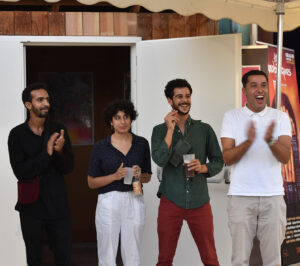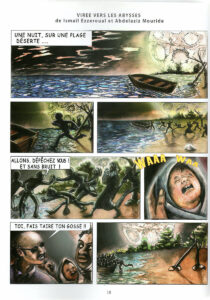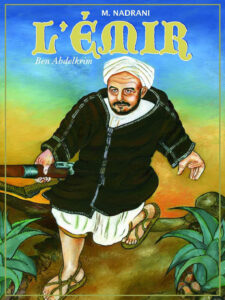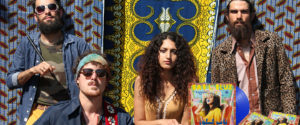The earthquake hit the Atlas mountains region in southern Morocco at 11:11 pm on Friday night, September 8. Eerily, at that very moment, across the Mediterranean in Montpellier at the Festival Arabeques, some of us were watching a concert of gnawa music inflected with jazz by Moroccan master Majid Bekkas, renowned for his work on the guembri — eery because when we think of gnawa we can’t help but think of Marrakesh and Essaouira and the roots of this music. Thousands of people around Marrakesh were killed or vitally impacted by the quake. Today, on September 11, we run three stories in The Markaz Review, including this first-hand report from Sir Robin Millar, producer of Sade and other world music artists.
Sir Robin Millar
Marrakesh, September 9, 4 p.m. BST
I am taken back to black and white movies, where the dogged reporter is filing their copy with bombs exploding around them and windows are shattering and the sounds of sirens, alarms, dogs barking and people shouting and fleeing penetrate the blackout …
For twenty seconds, we wondered whether the gods had finally got tired of humans messing about with the planet and were showing just who is in charge. The whole villa and grounds shook like a limp rag doll at the mercy of the maw of an enormous, very angry hound. Bottles and lamps fell and smashed and plaster dust formed a pall. We realized that this could only last for a short while. We were bewildered for a few seconds, then as the swimming pool emptied we ran away from the house.
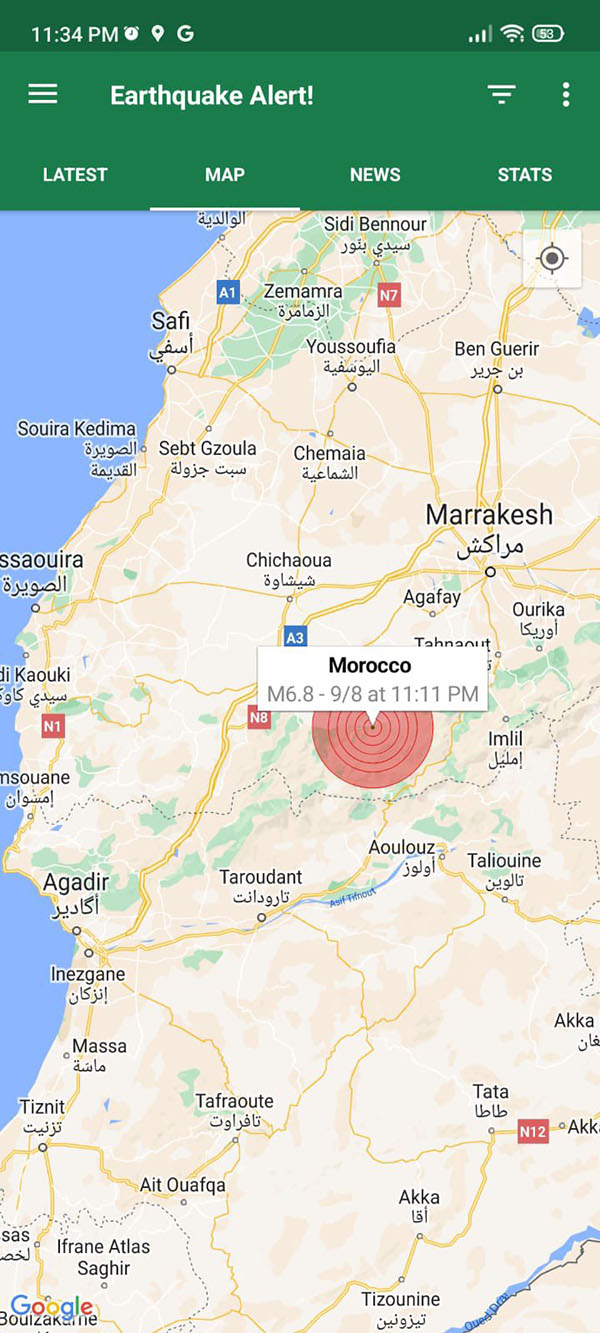
An eerie calm as the whole city was plunged into darkness. Bit by bit, voices and dogs could be heard, clearly agitated and distressed. We camped out in a grass area, well away from properties, and we tried to contact loved ones in the city. Then a solitary cicada cautiously sent out either an SOS or, more likely “is anybody there?” message. So we went to the safest part of the villa and hunkered down. We are both calm by nature and it’s a mixture of amazement, fascination, sadness and frustration with which we try to do what we can.
Our housekeeper Loubna’s house was devastated and they fled the city with their family. Incredibly but not surprising for these extraordinary people, Loubna re-appeared at midday to make us lunch. We had to more or less chase her out of the house.
Tourists are fleeing the city and the airport is in chaos, which is one reason we are staying put. A second reason is that this big old house is more like a cathedral which has withstood the allied bombing intact. The third and most important is that people we love have lost everything. Their homes, their belongings and their resources. Everyone we know is affected. We have beds, light and food and we can’t just walk away.
The migration of tourists will make everything worse of course, because tourists equal food on the table.
I get angry when I hear how people speak about “migrants” and “refugees” as if a collective noun excuses humanity. Most of my friends here are refugees today.
Marrakesh, Noon, Sunday, September 10, 2023
By now you will have seen and read more of the happenings here. If you find video footage you get an approximation of what “buildings shook” actually looks like. What it feels like is that the rivers of hell have surged into a boar the size of a mountain and it’s the earth that is shaking, not the buildings.
At 9 a.m. this morning there was an aftershock. It lasted about fifteen seconds. It recalled the 1951 film A Streetcar Named Desire and the protagonists’ flimsy apartment next to the A train, which shook each time a locomotive rumbled by. To the credit of this big house, our temporary guests — doubtless exhausted after one night on the street — slept through it.
A chance to review this morning: The water is out and part of the electrics. My immediate thought was that these first world problems have no place here. Then a local reminded me that people need to earn in order to eat and if we want to pay artisans to come out on a Sunday we should certainly do so and, apart from helping by paying for the work, also maybe help in other ways.
The local café is open, so for the above reason, we will all troop off there, after which we will look for where we can buy food and water. One of our visitors and I were speculating about supermarkets and he painted a picture of how much shelf stacking would be involved as we couldn’t imagine any bottles, tins or packets staying on the shelves after being hit by God’s bulldozer.
We will stay here for now to help out those who need shelter and to see what else is needed. This is not saintly at all. The thought of trying to negotiate an airport which is wall-to-wall people sleeping, crying, queuing for planes which aren’t there is more daunting than staying. Also, you can’t help respond when people reach out. You would want to count on the same for yourself.
The saddest thing of all, as I lay there while the earth belched again this morning, is the thought that only a few kilometres away, there are people still entombed in the remains of their home. An end of life that you can’t ignore and can’t remain unmoved by.
Buddha said it’s okay to want to make your family and loved ones warm, fed and comfortable — something like that. So hair shirt or not, I’m going to get something to eat now.
Coda: Short update on aid
I wasn’t intending to write again today but I feel I must respond to criticism coming in towards the Moroccan government for “not inviting aid organizations which are ready and poised to help.”
This is familiar territory to me.
I worked for UNHCR for several years before UNICEF. UNHCR was regularly upbraided for not letting aid workers in.
Their job is to be first on the scene, before other NGOs are allowed in. This often leads to very unfair and ill-informed criticism.
First and foremost, Morocco’s soldiers and UNHCR have to assess whether each area is safe. Imagine hordes of foreign aid workers rushing to the epicentre, only to be killed by falling rubble, roads caving in or disease.
Secondly, they will assess what the country actually needs and where. For instance, there maybe plenty of medicines and food but no shelter, or vice versa. There may be a need for schoolbooks rather than antibiotics. Failing to control a surge of inappropriate aid or danger to the life of aid workers would just add to the catastrophe.
Support Moroccan earthquake victims with a donation to MovementOntheGround.com.



